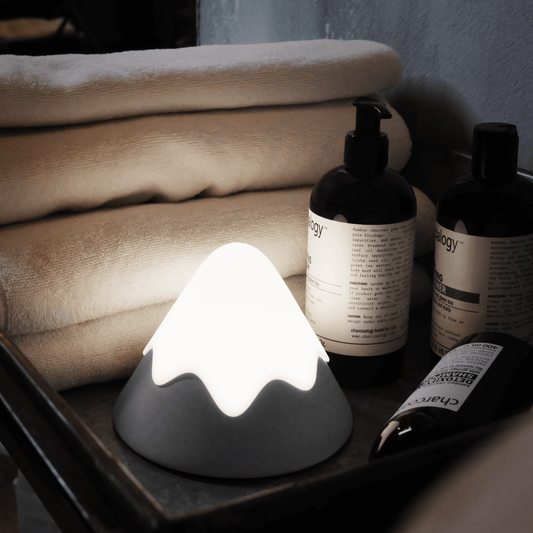In Australia, an estimated 35% of women suffer from insomnia or other sleep-related issues. That’s a staggering statistic that begs the question: is it harder for women to get a good night’s sleep than men? We dug into the research to answer this question (spoiler alert: yes, it is!), along with uncovering some tips on how both sexes can improve their odds of getting a restful slumber.

The Science Behind Women and Sleep
Before we dive into solutions, let’s look at why women have such difficulty sleeping in comparison to men. The primary explanation lies in hormones, with fluctuations in levels of estrogen and progesterone being key culprits causing insomnia during different stages of a woman's life. In puberty, pregnancy, and menopause, these hormone fluctuations can cause changes in body temperature and disrupt circadian rhythms. Additionally, if a woman is using hormonal birth control, the varying hormone levels can make it difficult for her body to get used to the new chemicals entering her system.
In addition to hormonal issues, anxiety is another factor making it difficult for women to drift off easily at night. Studies suggest that women experience higher levels of stress than men do due mainly to social pressures that are placed on them by society. Women are more likely than men to experience depression and anxiety – two conditions that can be major contributors to sleeplessness. Regardless of age or gender, stress and depression can make it hard for anyone to wind down come bedtime.
One of the major differences between how men and women sleep is the amount of time spent in each stage of sleep. According to research by The National Sleep Foundation, women spend significantly more time in light (non-REM) sleep than men do. This can be due to several factors such as hormone fluctuations caused by menstrual cycles or pregnancy. It also means that women are more vulnerable to disruption during these stages of light sleep—which can include noise or movement from partners - which can lead to difficulty sleeping regularly.
Sleep Solutions for Women (and Men!)
Fortunately, there are several strategies Australians can use regardless of whether they identify as male, female or non-binary.
To start with, try creating a regular bedtime routine each night that involves activities like reading or taking a warm bath an hour before you actually plan on going asleep - this will help signal your body that it’s time to put on the brakes and relax.
You should also avoid caffeine 6-8 hours before bedtime as well as alcohol which may seem like it helps you sleep initially but actually has disruptive effects later on in the night when your blood sugar drops suddenly and your body wakes up again out of fear.
Lastly, consider investing in blackout curtains if possible - even small amounts of light seeping through could be interfering with your deep sleep cycles without you even realising it.
It’s clear after looking into the research that sleep struggles among women are real - but thankfully there are many solutions available that can help both sexes improve their chances of getting adequate restful sleep each night. Whether its adjusting your hormonal balance through natural treatments or simply trying out some calming rituals before bed - take advantage of what works best for you so you too can enjoy better quality zzz’s tonight!





















